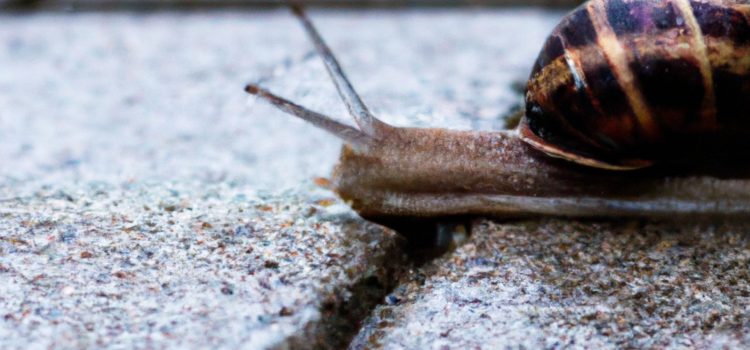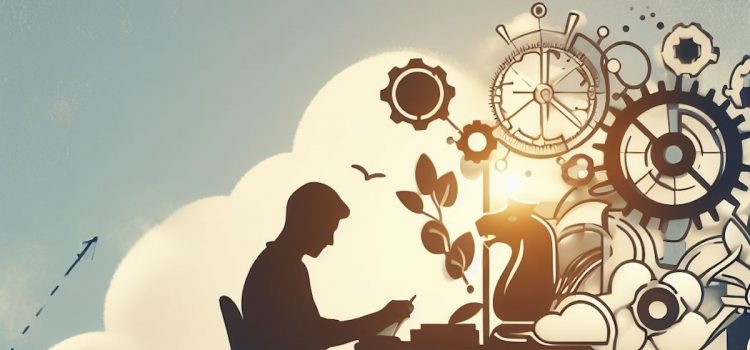Why do we make bad decisions, and how can we make better ones? What does Andy Stanley’s Better Decisions, Fewer Regrets teach about decision-making? Andy Stanley, Better Decisions, Fewer Regrets author and pastor, says we make bad decisions because we lie to ourselves. Then, he explains how questioning your biases can help you stop lying to yourself and make better decisions. Continue reading to learn how to make choices you won’t regret.
Andy Stanley’s Better Decisions, Fewer Regrets: Book Overview










